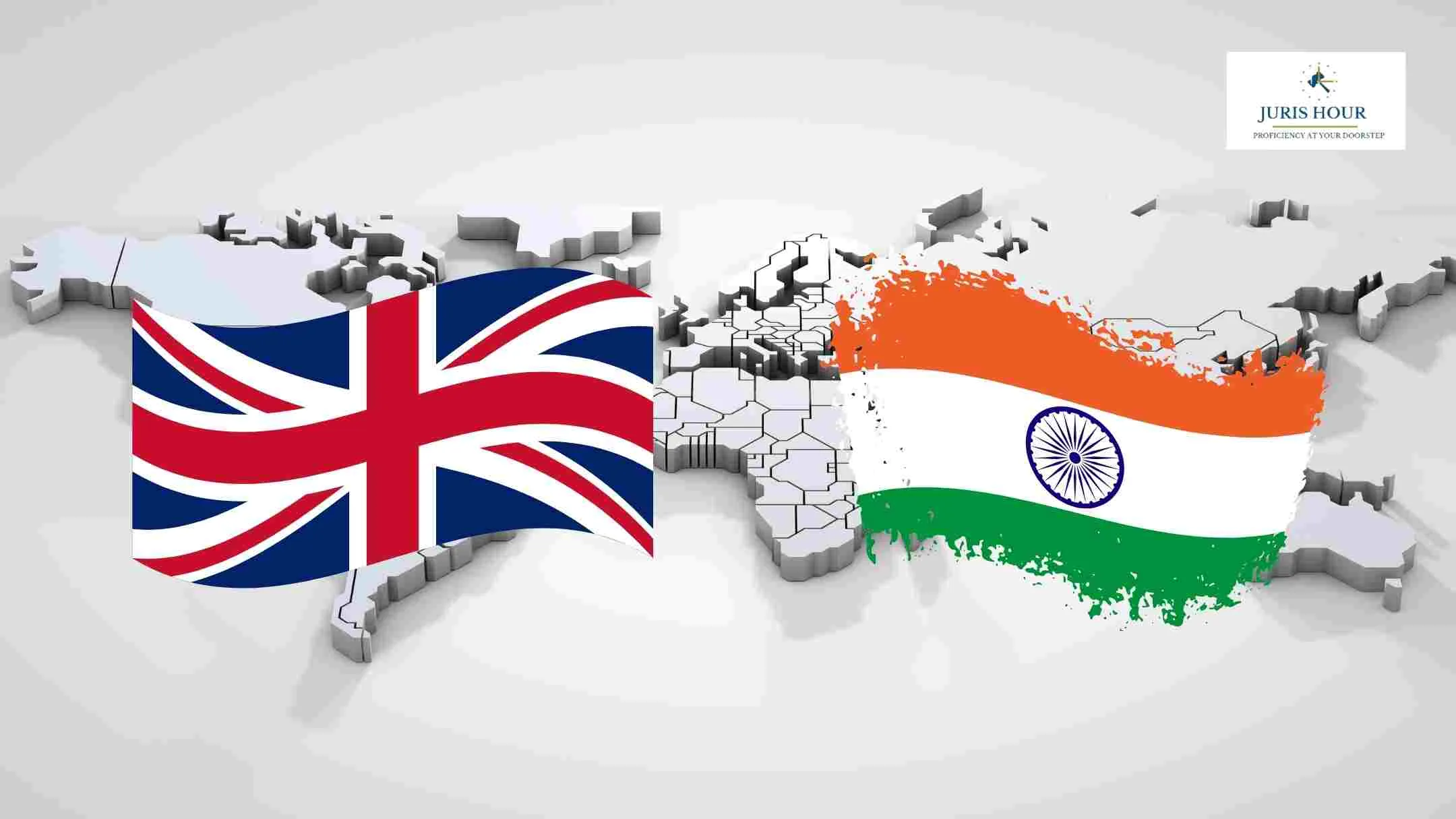India and the United Kingdom are set to sign a milestone Free Trade Agreement (FTA) on Thursday, marking a significant moment in bilateral ties.
The agreement will be formalized during Prime Minister Narendra Modi’s official visit to the UK, capping nearly three years of negotiations between the two countries.
This FTA will be India’s most comprehensive bilateral trade deal with a developed nation in more than a decade. It is expected to come into effect within a year, subject to ratification by the UK Parliament and approval from India’s Union Cabinet.
Major Takeaways from the Agreement
The pact covers a wide range of goods and services, tariff relaxations, investment opportunities, and professional mobility. It provides a considerable market boost for exporters and investors on both sides.
India’s Key Concessions:
- Alcohol Imports: Duties on Scotch whisky and gin will be slashed from 150% to 75% immediately, with a gradual reduction to 40% over the next ten years.
- Automobile Imports: Duties on British-made cars, currently over 100%, will be brought down to 10% under a quota-based system.
- Consumer Goods: India will reduce import tariffs on several UK exports, including cosmetics, chocolates, salmon, biscuits, and medical devices.
UK’s Commitments:
- Market Access: The UK will allow 99% of Indian exports to enter duty-free, representing nearly the full scope of current Indian exports.
- Mobility of Indian Professionals: Temporary access will be granted to Indian yoga teachers, chefs, musicians, and service providers.
- Social Security Relief: Indian professionals posted to the UK for up to three years will be exempt from paying social security contributions, potentially saving Indian businesses and workers about ₹4,000 crore annually.
- Public Procurement Access: UK businesses will be eligible to participate in India’s federal government tenders above ₹200 crore, a market comprising nearly 40,000 projects valued at ₹4.09 lakh crore annually.
Indian Industries Set to Gain
The FTA is projected to give a strong boost to several Indian sectors currently facing UK tariffs ranging from 4% to 16%. Beneficiary sectors include textiles, footwear, auto components, machinery, chemicals, furniture, sports goods, and gems & jewellery.
Companies likely to benefit:
- Textiles & Apparel: Welspun India, Arvind Ltd.
- Footwear: Bata India, Relaxo.
- Automotive & EVs: Tata Motors, Mahindra Electric.
- Engineering: Bharat Forge.
Indian electric and hybrid vehicle manufacturers will also gain preferential access under the quota system.
Economic Impact and Investments
UK estimates suggest the trade deal could contribute £4.8 billion (₹56,150 crore) annually to Britain’s GDP over the long term. British consumers are expected to benefit from more affordable Indian garments, footwear, and food products. India, in turn, will reduce tariffs on almost 90% of UK goods.
British firms such as Diageo and luxury automakers including Aston Martin and Jaguar Land Rover (a Tata Motors subsidiary) stand to benefit significantly from enhanced access to India’s expanding middle-class market.
Deepening Bilateral Ties
The agreement is also expected to foster stronger bilateral investment flows:
- Indian Businesses in the UK: Over 1,000 Indian companies operate in the UK, employing more than 100,000 people and investing approximately $20 billion (₹1.73 lakh crore).
- UK Investment in India: The UK is India’s sixth-largest foreign investor, with nearly $36 billion (₹3.11 lakh crore) invested to date.
PM Modi’s visit will also include talks with UK Prime Minister Keir Starmer, covering areas such as trade, climate and energy cooperation, health partnerships, education exchanges, and regional security.
After concluding his engagements in the UK, Prime Minister Modi is scheduled to travel to the Maldives on July 25.
Read More: FinMin Rejects MCA’s Push to Exempt IBC Loan Waivers from Income Tax

